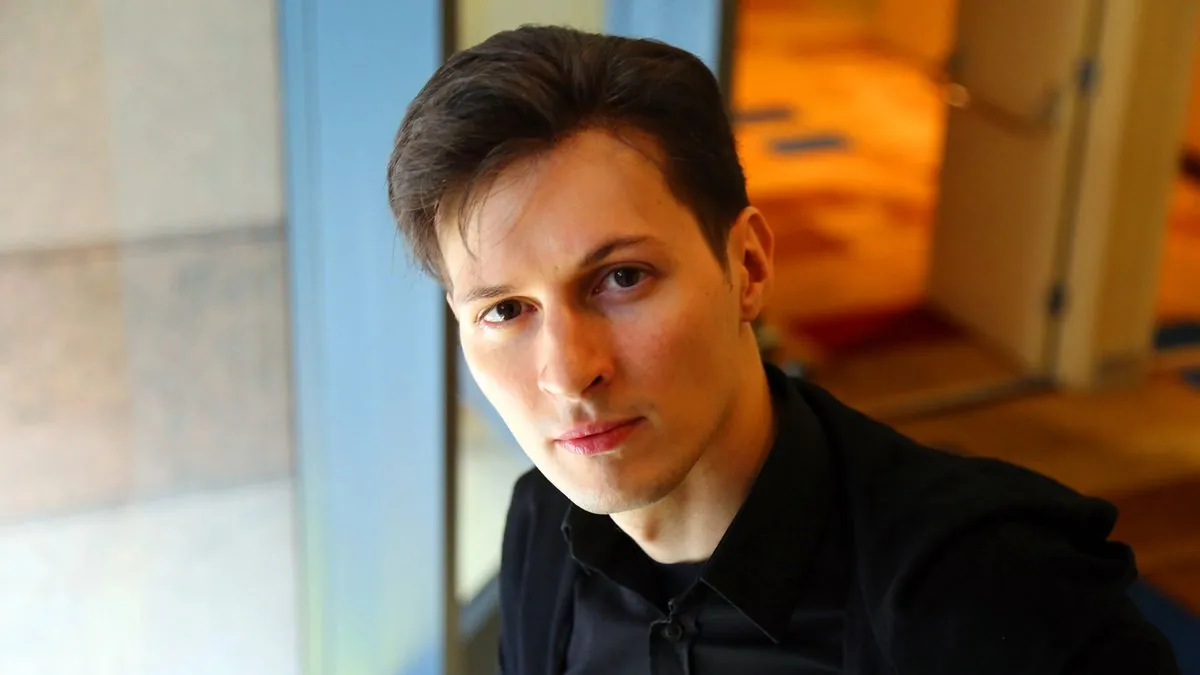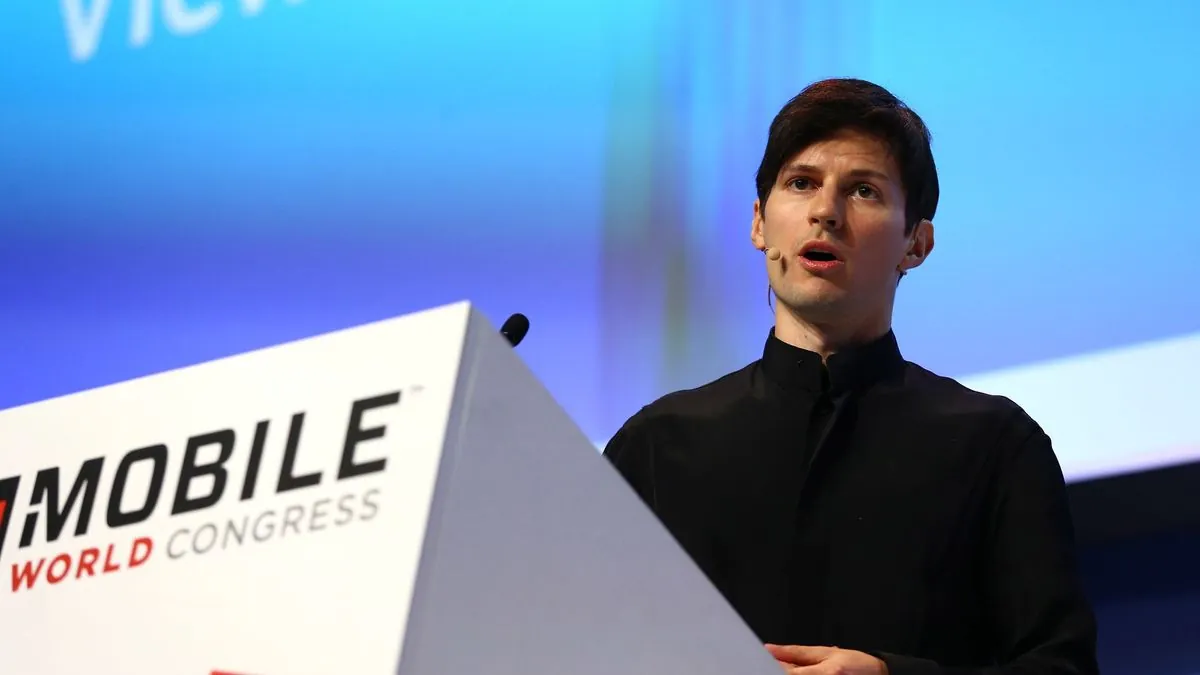Telegram Founder's Arrest Sparks Diplomatic Tension and Free Speech Debate
Pavel Durov, Telegram's creator, faces serious charges in France, straining Russia-France relations. The arrest ignites discussions on platform regulation and free speech, highlighting Telegram's global significance.

The detention of Pavel Durov, the Russian-born founder of Telegram, near Paris has ignited a diplomatic firestorm and reignited debates on online platform regulation. French authorities apprehended Durov over the weekend as part of an investigation into alleged crimes facilitated through the messaging app, including child exploitation, drug trafficking, and fraudulent activities.
Sergei Lavrov, Russia's Foreign Minister, stated that the arrest has plunged Moscow-Paris relations to their lowest point in recent memory. This development comes amidst already strained ties between the two nations, exacerbated by France's stance on the ongoing conflict in Ukraine.
The Kremlin, through spokesperson Dmitry Peskov, expressed readiness to assist Durov, citing his Russian citizenship. However, Peskov acknowledged that Durov's French and UAE nationalities complicate the situation. He emphasized the need for substantial evidence to support the serious allegations against the tech entrepreneur.

Durov's arrest has sparked a global conversation about the boundaries of free expression online. Elon Musk, owner of X (formerly Twitter), suggested that freedom of speech in Europe is under threat. This incident underscores the growing trend of governments worldwide taking a firmer stance on regulating online platforms and combating illegal activities that proliferate on some of these networks.
Telegram, boasting nearly one billion users globally, has become a critical communication tool, particularly in Eastern Europe and former Soviet republics. The platform's significance extends to the ongoing conflict in Ukraine, where it serves as a crucial medium for battlefield communications and information dissemination for both sides.
"Telegram is one of the few and at the same time the largest Internet platforms over which the United States has no influence."
Vyacheslav Volodin, chairman of Russia's State Duma, alleged without evidence that the United States was attempting to gain control over Telegram through France, particularly in light of the upcoming U.S. presidential election.
French President Emmanuel Macron, known to be an active Telegram user, has denied any political motivation behind Durov's arrest, stating it was purely a legal matter.
The incident highlights Telegram's complex history with governments worldwide. In 2022, Brazil's supreme court briefly suspended the platform nationwide for non-compliance with judicial orders. Russia itself has previously attempted to block Telegram and has imposed fines on the company for failing to remove content deemed illegal by Russian authorities.
As the situation unfolds, the tech community and policymakers alike are closely watching the implications of Durov's case for the future of online communication platforms and international digital governance.


































